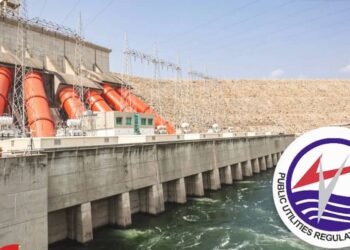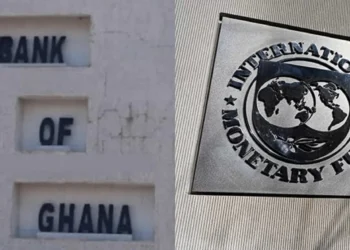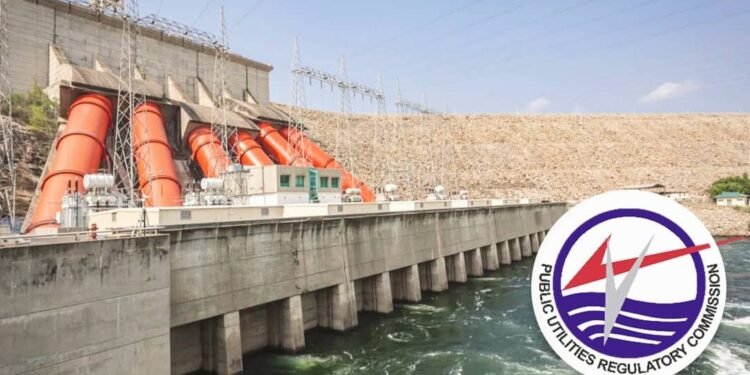Uganda’s first oil production is on track for 2025, provided an enabling law is passed by the Ugandan government to allow for the construction of the East African Crude Oil Pipeline (EACOP), according to Fitch Solutions.
The multi-field 230,000b/d Lake Albert project, sprawling across both Uganda and neighbouring Tanzania, will develop Uganda’s Lake Albert Rift Basin resources and transport them to international markets via the Tanga Port in Tanzania.
Output from Lake Albert is expected to represent the country’s first crude oil production– a successful start-up will see Uganda produce its first barrels of crude oil at a rate of 62,000b/d in 2025, before being ramped up to above 200,000b/d by 2028.
The development involves the TotalEnergies-operated Tilenga project, the China National Offshore Oil Company-operated Kingfisher project, the associated 1,445km-long EACOP transporting crude from Uganda to Tanzania and a US$3-4 billion project seeking to develop a 60,000b/d refining facility in Hoima, western Uganda.
Following several years of delayed negotiations over contract terms, transportation agreements and uncertainties regarding funding, various developments over 2021 provide optimism on the current timeline for first oil in 2025.
The EACOP Bill is currently being debated in parliament and is expected to be passed by end-2021. EACOP is a joint venture (JV) in charge of the pipeline project, consisting of TotalEnergies (62%), Uganda National Oil Company (UNOC) (15%) and Tanzania Petroleum Development company (15%).
“We expect construction to begin in 2022, with the pipeline taking approximately three years to complete. However, we highlight that the need for specialised equipment and technical expertise to reduce the viscosity of Uganda’s heavy crude are likely to entail higher operating and construction costs, and these pose some risks to the project’s development.”
Fitch Solutions
Uganda’s Oil Project Remains Subject to Significant Downside Risks
Aside from the need to build costly pipeline infrastructure, Uganda’s oil project remains subject to significant downside risks, such as the uncertain oil price environment, environmental concerns and security risks.
Despite the fact that significant progress has been made in recent months regarding project financing, the uncertainty with the oil price environment will continue to threaten the multibillion-dollar oil project.
Additionally, the project continues to face criticism from local communities and environmental groups regarding its potential impact on local wildlife, water supplies and ecosystems in both Uganda and Tanzania.
According to Fitch, large-scale oil projects such as Lake Albert are increasingly risky ventures for investors in light of the growing global trend towards decarbonisation and away from fossil fuels. As a result, the JV partners will be increasingly conscious of the environmental and social concerns surrounding the controversial project.
TotalEnergies has outlined various ways it plans to limit the environmental impacts of the project, which include measures to promote the conservation of forest habitats, waste removal efforts and a limit on the number of well locations.
“Worsening security conditions in areas close to Lake Albert pose an additional threat to Uganda’s oil field operations”. The Lake Albert region is located along the border between DRC and Uganda, which has elevated tensions between the two countries over the oil and gas reserves.
Additionally, rebel and terrorist groups operating near the border pose potential threats, combined with the increasing presence of the Islamic state in the wider sub-Saharan Africa region, although the project has not been directly targeted by these groups to date.
However, once the Lake Albert project and the associated 60,000b/d Hoima oil refinery come online, Uganda will cement its new status as both a crude oil exporter and refiner, with net crude oil exports expected to peak at 166,060b/d in 2028.
When the oil project starts production in 2025, Uganda will become a net crude oil exporter, which will offer a welcome boost to government revenues and the country’s GDP growth outlook.
Notably, this bodes well for the Ugandan economy, as all crude produced from the Lake Albert project will be available for export to neighbouring and international markets via Tanzania.




















